
Brian's Run Pod
Welcome to Brian's Run Pod, the podcast where we lace up our running shoes and explore the exhilarating world of running. Whether you're a seasoned marathoner, a casual jogger, or just thinking about taking your first stride, this podcast is your ultimate companion on your running journey.
Join us as we dive deep into the sport of running, covering everything from training tips and race strategies to personal stories and inspiring interviews with runners from all walks of life. Whether you're looking to improve your race times, stay motivated, or simply enjoy the therapeutic rhythm of running, Brian's Run Pod has something for every runner.
Brian's Run Pod
The Path to Becoming a Stronger Runner with Colleen part One
Ever wondered how focusing on what you can do rather than what you can't can make a significant impact on your running journey? Join us as we chat with Colleen, an avid runner with a lifelong passion for the sport, and discover her unique insights on running techniques, training, and technology that have transformed her life!
In this engaging conversation, we explore Colleen's journey from being a gymnast at school to becoming a dedicated runner, as well as her experience with injuries and favorite running gear. We also discuss the evolution of women's running and the remarkable marathoners who inspired her in her younger years. Plus, we delve into how running has become more inclusive and accessible for people of all ages and abilities through events like Park Run and the London Marathon.
Finally, Colleen shares her strategies for training for half marathons and improving overall running fitness, including mapping out routes, gradually adding in running, getting a good pair of shoes, and enjoying the environment around you. We also discuss the confidence and empowerment that comes with having a base level of fitness, and how other activities like dance can complement running. Don't miss this empowering and informative episode with the incredible Colleen!
Brian's Run Pod has become interactive with the audience. If you look at the top of the Episode description tap on "Send us a Text Message". You can tell me what you think of the episode or alternatively what you would like covered. If your lucky I might even read them out on the podcast.
Instagram
Welcome back to Brian's Run Pod. Before I introduce you to Colleen, as with most of my interviews, i have split the interview into two parts. She is a very enthusiastic runner and has run regularly for most of her life. We talk about how, from being a gymnast at school, she transitioned into being a runner. Plus, we talk about what training techniques and tech she uses for her runs. There are so many good takeaways in this episode. She quotes a well-known running writer who says that it's important to focus on what you can do rather than focus on what you can't. I really enjoy the interview and I hope you do too. Apologies for the sound quality of my voice during the interview. This is all part of the podcasting journey. However, i'm really pleased. We can hear Colleen loud and clear. So you're thinking about running, but not sure how to take the first step. My name's Brian Patterson and I'm here to help, and welcome to Brian's Run Pod.
Speaker 1:Welcome back to Brian's Run Pod and we have another guest. Today. I'm going to be talking to my wife's friend, colleen, and she goes dancing with my wife. We're just going to be talking about things in general. So, without further ado, colleen, can you just tell me about what was your in terms of at school? Did you do a lot of sport at school?
Speaker 2:Thanks, Brian. I did a lot of sport while I was in school, but not so much with school. The running especially was outside. but I also did gymnastics while I was kind of a teenager and in secondary school. But as far as running goes, I was doing quite a lot of running, but I actually wasn't running on a school team or anything like that, So it was completely outside of school that I did running.
Speaker 1:Were you always quite enthusiastic about sport, or is it something that sport has come to you in later life?
Speaker 2:Well, i never thought of myself as that good at sport really when I was probably primary school age or anything like that. I did then become more and more confident by doing a bit of gymnastics, but I never saw myself as one of the really sporty people at school apart from that. So it's, as, i suppose, got more mature and the more I got into running the kind of more I realized how important it would be to me and how much I really really enjoyed it. So I think for me it was kind of I associated sport at school with kind of PE lessons. For me that wasn't really what motivated me, let's put it that way.
Speaker 1:So when has running, or when have you become sort of quite a winded running come to you in later, in your later life, after school? Well, maybe I could say a bit about how I got so.
Speaker 2:So I've kind of run in two stages in my life, funnily.
Speaker 2:So my dad was very into running in the 1980s, so I was a teenager and what would happen is on a Saturday he'd kind of pack us all up in a car and we'd drive off and I'll go run either a 5K or 10K And that's so. I loved that. So that's what I mean by running outside of school. So I would run after school, you know, or then do these these kind of local races at the weekends with my brothers and my dad, and so that I loved, i really enjoyed that. And I think the only downside was I probably did a little bit too much running like that as a teenager and ended up with so up into my early 20s I ran quite a lot and then ended up with some stress fractures which kind of slowed me down for a while And then I came back to running really in earnest, probably about 10 or 15 years ago.
Speaker 1:And which part of the country, or is this? where were you from originally?
Speaker 2:So this was, I was running in the US in the 1980s. Yes, that's where I was doing that And then yeah so, but but literally obviously mainly running. Yeah, the US and the southern, southern part. So yeah, yeah.
Speaker 1:So so obviously running has been sort of part of your life for most. you know your life, that kind of thing, so you always, you've always done it through, you know, university, college. What do you see as being kind of the main benefits to you?
Speaker 2:I think now for me it's it's very much fitness wise. It offers a benefit, but I think because of the way I run now, there's a kind of social element, especially with things like park run, but I also think just kind of well being generally. So I tend to run in the middle of the day usually and I always feel that gives me a bit of a pickup and it just makes me feel better. I mean really. So think that as the older I get, i think the more that side of running is what's really important to me.
Speaker 1:Okay, okay, any unequivocal house has become a bit of a buzzword. Do you find that that helps you? because you're you're, you're an academic. So do you feel it helps that you're able to get away from either the the stresses of work and you're able to think through and through?
Speaker 2:Oh, absolutely There's that. But there's also something about just having a complete break and just going out and just just running and maybe listening to some music, but just having that space, that space just to let your mind be. And yeah, and maybe sometimes, maybe you sometimes think through things or solve things, but typically I just like the kind of openness of going for a run And also I like getting out into kind of nature a bit. Was running, so running crane park or bushy park or Richmond Richmond park, and there's something. Just you know it's lovely to be running amongst the deer or running under trees or whatever.
Speaker 2:You know, i've really so there's that side of things that I think is just, it's just really restorative, you know it just. I think somebody said you never feel you never regret coming back from a run, that you never feel I regret having gone for a run, and I think that's so much to that. I always feel just a bit more alive, just a bit happier when I even if I'm exhausted, when I come back. So I think that really, and I feel a little bit antsy if I go for a long period of time without running.
Speaker 1:Yeah, Yeah, yeah. Are you so, from what you're describing you very much, take a very senses with your, with your running? Are you analytical about your running, you know? do you look at stats?
Speaker 2:Oh, yeah, yeah, yeah, i do, i'm a, yeah, i can be a bit of a strong one, nerd, yeah, yeah. So the park around this morning and what do I do? the results come in. I'm looking. Okay, where did I finish in my age group with my faster, slower? Yeah, actually I probably do a little bit too much of that kind of thing. But yeah, that's. I do that, that side of things as well.
Speaker 1:Sure, do you do any? anything training wise, anything specific training, rise anything, intervals, tempo running or lung running, or or is it very much just at the door?
Speaker 2:I try to do kind of one fast run a week. So okay, so typically I might use park run. Is that like a? like a, really that? that's that's well run a much faster pace than I would any other time in the week. What I sometimes do is like a little bit of fartlet running.
Speaker 2:Maybe one run during the week I would try and say, okay, i'm going to run as fast as I can for the next song or for the next the next, you know two tenths of a mile or whatever, and then slow it down and pick it up, and then the rest of the time I probably just go out the door and run, and if I left my own devices I'd run quite slowly. So sometimes I think, okay, i really probably want to pick up the pace a little bit here. But for me it's more about distance than time. So when I go out the door I'll say, okay, i want to run whatever four miles, seven miles, five miles, whatever. That's my, that's my sort of goal most of the time, rather than pace. But then I try and have one fast run a week.
Speaker 2:So it's kind of a really rough, rough, rough rule of thumb. It's not not systematic run. So probably I've done one virtual marathon, so that would be the furthest. But to have it that way, that was during COVID, so it's a lockdown one where you just have the virtual London. But but the furthest race wise, everyone would be half marathons, okay, yeah.
Speaker 1:Okay, and do you like treadmill running?
Speaker 2:Not really. I've done a bit in the past, but no, i'm not. I'd much rather be outside of a modest or on a track, but not treadmills I'm not really that keen on.
Speaker 1:No, no, okay, okay, okay. I've only just. I hated them last year, But now I've joined a gym which is very near five minutes from where I work And I've only just gone into it. So I think, because you can kind of, if I play with the speed, yeah, it kind of makes it more interesting, yeah.
Speaker 2:Yeah, And it is a way. So my last job there was a gym on site and I would use a treadmill probably once or twice a week And that was a way of getting a run in in the, you know, winter if I don't want to run the dark. Yeah, But it's. It's not something I would choose to do if I had a choice of running indoors or outdoors.
Speaker 1:So yeah. So during the winter do you do? you do you run during the day?
Speaker 2:Yeah, Yeah, i mean, i run at night if I absent, in the dark if I absolutely have to, but I really I don't like it. So, yeah, i try, so I try and, yeah, run, find a way of running, running in the daylight.
Speaker 1:Have you done any of these sort of like community? I know a sweatshop used to do it. We're in.
Speaker 2:Teddington up and running, do one Yeah.
Speaker 1:Yeah, for those listeners who aren't in the local area, there is a local shop who and I think there's another local shop that will actually they'll meet up and then they'll go out for a run as a group. So have you done anything like that?
Speaker 2:Do you know I haven't. Do you? quite solitary? I am, yeah, yeah, i'm, i've, i think probably I've run with running clubs a handful of times and I think I'm sure it would make me maybe a faster runner, but I'm just, i much prefer to run on my own. I think I just, i think I just like setting my own pace, doing my own thing, and so, yeah, so no, i haven't, i haven't run with any any of those groups. Yeah, it might be something I try in the future, do you do? do you do that at all?
Speaker 1:No, i haven't. I mean it just sort of, i think when I get home I just want to put my stuff on or and I just want to go out the door thing and just just do it. So yeah, yeah, i think a long time ago. I think I might have done it once or twice, but yes, do you? you know, i think Park runs probably the only thing in terms of doing it, you know, as part of the community.
Speaker 2:And from that really suits me, because there you're still doing what you're doing at your own pace, but you can also see people you know say hi, there's a bit of a social element to it at the start and at the finish, yeah, and I think, you see, feel like you're with people and that's that's really enjoyable. But at the same time you're still running at your own pace and you don't have to worry about either keeping up with somebody else or or or figure, going a bit too slowly, whatever. So so in terms of injuries.
Speaker 1:How have you been?
Speaker 2:Well, i, yeah, i seem to get injured quite a lot. But I think I've gotten to this stage where I I've decided I'm never going to run completely not only pain free again. So I just, rather than wait till that day arrives that I just kind of try to get on with it and do the best I can. I mean, i did have kind of serious, both knees got injured for about three or four years ago And that was pretty bad And I. But I've managed to come through that And I just got to the point where I decided, well, i can either feel like I'm in pain and be unfit, or it could be in pain and be fit. So I just typically, as much as possible, try to try to keep going, and I've more recently become quite a fan of sort of jeffing if I'm feeling a bit, you know, trying trying to keep up with some running, but not feeling absolutely completely injury free.
Speaker 2:So we're running, run, run, two minutes, walk, walk three minutes, so that kind of thing, just to keep myself, just to keep things ticking over if I need to, okay.
Speaker 2:Yes, so I think when I was younger, if I even sniffed an injury, like, oh my goodness, i've got to stop completely until everything's healed and I've really need to watch out for that. But now I kind of think, well, if I did that, every time I felt an ache or a pain, i'd never run again. So I just try and carry on now as much as I can, unless you know, obviously I'm not, i don't do stupid things, but but that's my philosophy.
Speaker 1:I used to have younger. I used to have problems with my knees, but I think maybe because I was just wearing the wrong shoes. I think now shoes these days are you know, you get so much good advice about wearing shoes and that kind of thing.
Speaker 2:I think they've changed dramatically. I mentioned earlier that I had like one of in my 20s. I had two really bad stress fractures and I just couldn't. Every time I'd start to run they'd come back in. But I think the change in shoes is meant. I never have that problem now and I'm sure it's down to just the way the shoes reposition your fit now and the way. That was very different to what was going on in the in the 80s and early 90s.
Speaker 1:So do you have any sporting heroes?
Speaker 2:I've been thinking about this. So I think there's a group of women marathoners probably again who were really hitting their prime in the 1980s. That really inspired me then, because I would have been a teenager and I was really looking up to these women, and so people like Greta Veats and Ingrid Christensen from Norway was another one.
Speaker 1:The American who won the first marathon.
Speaker 2:Well, there's Catherine, yeah, rosa, i can't leave her surname, but the main one actually, because Wendy Sly was another one. I really liked Wendy Sly and it was interesting many years ago my brother was living not too far from here and he was, he turns out, he was living next door to her sister, so that was quite exciting. But also, but I think my biggest sporting hero would be Joan Benoit Samuelson, as she is now, who won the Boston Marathon numerous times, and what I love about her is she's still running. so I think this earlier this week she turned 66 and she's run, and I feel like she even may have run London, the most recent London Marathon. I'm not sure, but she's run Boston every decade and I want to say something like she still runs under three hours. but what I really like, i mean, i've always just really admired her.
Speaker 2:But so many runners who are really really professionals retire once they're no longer at the absolute peak of their career And it's so wonderful to see somebody like her just still run. You know, it's so really. if, if what you're looking for is a role model as you enter kind of the later stages of your, your kind of running, it's, it's great to have someone like that, and so it's really nice to be able to see, see women at well and men, but for me, particularly women runners who are like in their in their late 60s, 70s and so on, continue to to to really thrive at long distances like that Yeah because I know on the news there was a something about a Japanese runner who claimed to fame was that she was at the Olympics, the first marathon women's marathon at Olympics, the 84 one.
Speaker 1:But I can't remember what it was. It was, in particular, that my shoes on the news, or something.
Speaker 2:Was she also trying to set a record at London? I thought I thought.
Speaker 1:I think she may have been going. Yeah, I think maybe that was a reason that she was in, Yeah something like that, but I can't remember.
Speaker 2:I want to say she's around 75 maybe something about running the fastest marathon for in the 75 plus age group something like that.
Speaker 2:I feel like she didn't quite get there but she's still astounding what she did, Yeah, Yeah. And also I tell you that the other, the other set of really kind of sporting heroes for me again as a really young runner, were the middle distance kind of Olympic runners from Great Britain. So I'm thinking about, like Sebastian Coase, Steve Overt, Steve Cram, all of those. It was so exciting to just watch them and follow their career And I heard younger brothers who were quite fast runners and we used to just love watching them.
Speaker 1:Like big international games It was kind of that you know 80 84 period, because you kind of had two kind of very opposing views of running who. You had Sebastian Coase he was trained by his dad, and you had this Steve Overt. You kind of broke all the rules.
Speaker 2:And it made it so exciting. Exactly, Yeah, really For me.
Speaker 1:I mean I remember talking to Katie's mother about this Katie, my wife's mother, and then, because I used to love Steve Overt, because when he ran he was just effortless, he just it was just like if he was on the thin air, yeah, but yeah, no, that was kind of quite. You know their extraordinary human beings, i mean yeah yeah, it's just yeah, but I said so.
Speaker 2:Is that like a teenager you know, be reading runner's world and all of this reading about everything you know, really, really inspired by people like those running at that level?
Speaker 1:But going on about about that, because I know about women in sport and whatever, do you think from your perspective that that's kind of given, push women to the forefront in terms of sport? I mean not wanting to go into the gender politics about it, but do you think you know, either running is kind of come late to the party Or is it just that you know the evolution of sport and you know women kind of push themselves through, you know?
Speaker 2:Well, i think it's certainly.
Speaker 2:I think women runners have a much higher profile now than they would have.
Speaker 2:I mean, since you know how long has it been, maybe since the 70s, that women were even running kind of marathons, and I forget when it was added to the Olympics as a category, but I think of people around the era of Polaradcliffe, polaradcliffe And it seems to me that she was been such a great ambassador for the sport, you know, in terms of really raising the profile.
Speaker 2:And now you look at, you look at, for example, london, in the London Marathon recently, in some ways the women's race was more talked about than the men's in terms of the absolute excitement of that finish. You know that was extraordinary, and so my sense I was thinking about this too because the other thing I think that's that's changed and it could be for both men and women is that you see many more middle-aged and older runners, i think, than perhaps you did when I first started out in running, and maybe just all kinds of runners, because I remember when I would go to sort of 10k, 5k races a long time ago, everybody looked like they were kind of from a running club.
Speaker 2:You know, there was a certain look and there was a certain age range And it's nothing like what it looks like at Park Run Now, for example, or the London Marathon now, or the fact that you can turn up to a race and there'll be people who are going to walk, the whole thing, and you think that and everything in between you know. So I think it's more inclusive.
Speaker 2:I think it's much more inclusive And I think that's brilliant. I think it's much more about, you know, welcoming a range of people and really celebrating what running can do for everyone's fitness. It's not just, you know, still being elite is part of it And that's exciting, but it's much more open. I think that's, for me, that the really big change.
Speaker 1:Yeah, So what would you, let's say, if someone wanted to get into running, what kind of advice would you give? if they're kind of a little bit hesitant about it, or whether it's kind of like I'd like to, but I'm kind of, you know, maybe it's not for me, what kind of advice would you give?
Speaker 2:I think I'd say map out a route of maybe a mile, so a really nice, a nice pretty route, start out walking it and then say, okay, i'm going to run for 30 seconds every five minutes or something like that, and just gradually build up And really so I guess I kind of catch the 5k approach, but even 5k seems like a kind of a daunting prospect. I'd say, try and take a beautiful walk and just gradually add in running. And I think you know, walking three minutes, running a minute, whatever, is not really that hard once you get started. And I'd say, give it a go and try it until you can run the whole distance and just see how you feel, see what it offers you, and also think about finding your local park run and possibly starting out just as a walk. You know, just say I'm going to walk it.
Speaker 2:But I remember I felt quite nervous about the idea of running park run before I did it And I thought, okay, i've got to be running at a certain pace and so on before I can even turn up, which obviously is nonsense, it's not the case. But if you were to feel like that, that's why I was suggesting find your own little route to start with and just see if you enjoy it. But the other advice I would give is get a decent pair of shoes, and that would be the main thing. Have a decent pair of shoes And just try it out.
Speaker 1:Yeah, yeah, because there's so much more. It's not just about the running and doing the exercise. It's, like you said, it's about enjoying what's around you And just becoming in that moment sort of thing. And like you said and I think you explained it very well is that, once you've finished it, you just feel that you know, you kind of you know argued as being that kind of endorphin or that euphoria that you have at the end of it And it's kind of like, yeah, that was pretty good. You know, i didn't want to get it. Oh, the number is so hard.
Speaker 2:I sometimes spend more time convincing myself to go out than I'm actually going to run, you know. And then I think what did I? what took me so long? I'll tell you. the other thing I really like about running regularly is you never feel out of breath and the rest of your life. So if you have to walk up four flights of stairs, you can just do it. If you have to run for a bus, you can just do it. There's something really quite empowering about that, about just having a certain base level of fitness in your everyday life. So anything else you're taking on you give you a kind of confidence. I mean, you mentioned earlier that I, that I danced with Katie and and, and one of the great things about having a base level of of running fitness is that you could do any kind of exercise class and know that you can keep up, at least from a kind of conditioning perspective, and that's that's a nice little quality to have in that one compliments the other.
Speaker 1:Yeah yeah, yeah, yeah.
Speaker 2:That's right, that's right. So I think, yeah, dance maybe gives you a certain level of flexibility and maybe a sense of a good quality of balance. So there are the yeah, you're right, there are features there that support the running to. Yeah, i think.
Speaker 1:I think what are they? Well, there are any frustrations for you? I think it was too early. I mean, i know we talked about the injuries, but you know is is that I don't know, it could be. I don't know, i've never managed to get under such a time for 5k or 10k or whatever, or you know, it could be anything.
Speaker 2:Yeah, i think I think frustrations that I'm trying to let go of are that when you get to kind of middle age late middle age you realize that probably your best, your best times are behind you, even though you know, live in hope, but, but, and so I think you've kind of got to let that go. I think the other frustration I find now is that I probably, whereas I used to be able to run easily six days a week, now I think that's just I can't run. I need to have a little bit more recovery time in between runs So so I wouldn't run that much now.
Speaker 2:I probably run three or four times a week now. Yeah, i think probably biggest frustrations are I'd like to go further and faster, but I always got one eye on potential injury. That's probably the biggest frustration, but I try and just to say okay, so these are the constraints. how can we live within that? And probably if I did a little bit more in the area of conditioning and I was going to ask if you did do that.
Speaker 2:Well, as I say, do dance classes. I do a little bit of kind of strength work, but not nearly what I probably should do, so I think that's something I probably need to focus a bit more on.
Speaker 1:Yeah, because I know the interview with Stuart Hayes, the triathlete. He wished he did more when he was more sport, specific sort of weight training, strength training sort of thing.
Speaker 2:So I think that's probably. I mean, i think that's something I'm going to try and do a little bit. I mean I do it but it's like, oh, maybe I should do that now. It's not a systematic thing. You know, wednesday, friday and Monday I'm going to do this kind of work and then I'm going to do this on Tuesday. So I probably need to have a bit more of a plan.
Speaker 2:Fundamentally, i was talking with a good friend of mine who's a local runner this morning and she was telling me she's got a running coach and that's been a real game changer for her. She's a great runner And so she's encouraging me to think about that, and somebody who would say you know, really looking at how you run and what you're doing, what your goals are, these are the things I would suggest, and I think having someone like that would also probably keep me to account a bit as well, you know, because I can read all the time about how great it would be to do these things. But I think it helps if I've got to answer to somebody.
Speaker 1:Yeah, i mean I've said I mean you know some strength and conditioning is great, but also I said in the past, what helps me has been to follow our plan. So I don't know if you're one of those people who likes to have you know, i mean I used to do the run and keep a plan. for sure there are other available workouts out there, but I mean and that kind of gave me a bit more of a focus and a direction as to in 12 weeks time I'm going to do. you know that's whatever Does that. has that helped you or you don't need that motivation?
Speaker 2:No, I have done. When I've done half marathons, I've always had a kind of rough plan that either I would have downloaded from the site itself or or got from from elsewhere And even though I wouldn't follow it absolutely religiously, I would absolutely try and say, okay, yeah, I'm five weeks away, I should really be doing a 12 mile run this week or whatever you know that kind of thing. So I'm usually use those to firstly make sure I get a, get the long enough run in, and also try to look at the overall miles for the week and try to fit them in, even if I'm doing a slightly different configuration than what the plan does. So I've not followed plans really tightly but I have kind of generally use them to to to organize my running. If that makes, if that makes sense. It's kind of a way house really.
Speaker 1:Yeah, but do you do a? I know some people I've heard someone is say if I do this kind of time trial, i'm no, i know where my fitness level is, or something like that. So you know, let's say I do a, okay, i'm training for a half marathon. And if I do a 10k and I'm doing it at this time, i said I know I'm ready for that, i'm ready for it.
Speaker 2:Have you kind of done the way, i've done something really similar. I usually look at miles, minutes per mile. So if I know I want to run a half marathon around two hours, that's whatever. That's going to be a nine, nine, 15 or nine, oh, eight or whatever. It is minutes per mile. So I need to therefore, in my longer runs, be sure I can hit know what that feels like.
Speaker 1:Oh, yes, so that's what I did.
Speaker 2:So, and I also try to sometimes extrapolate from my five k runs to say, okay, i'm running, you know this pace. I should be doing a 10k, therefore, in I don't know 55 minutes or something like that. But you know, if I can, if I know I can do this pace for five k, if I make it a little bit slower, but not too much, i should be able to do this for 10k, that kind of thing. So I often, yeah that I often work on kind of minutes per mile and work it that way.
Speaker 1:Okay, okay.
Podcasts we love
Check out these other fine podcasts recommended by us, not an algorithm.
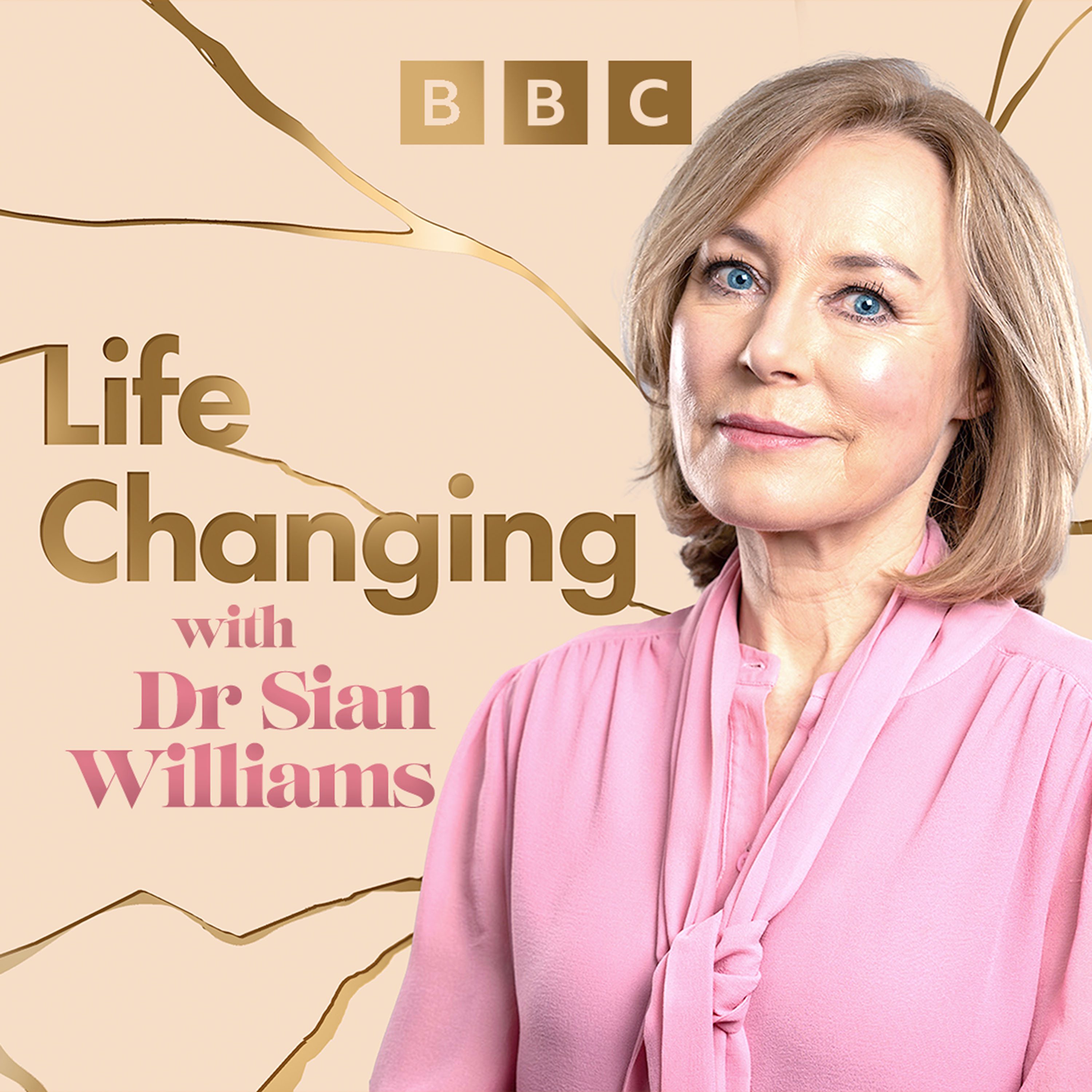
Life Changing
BBC Radio 4
Tech Life
BBC World Service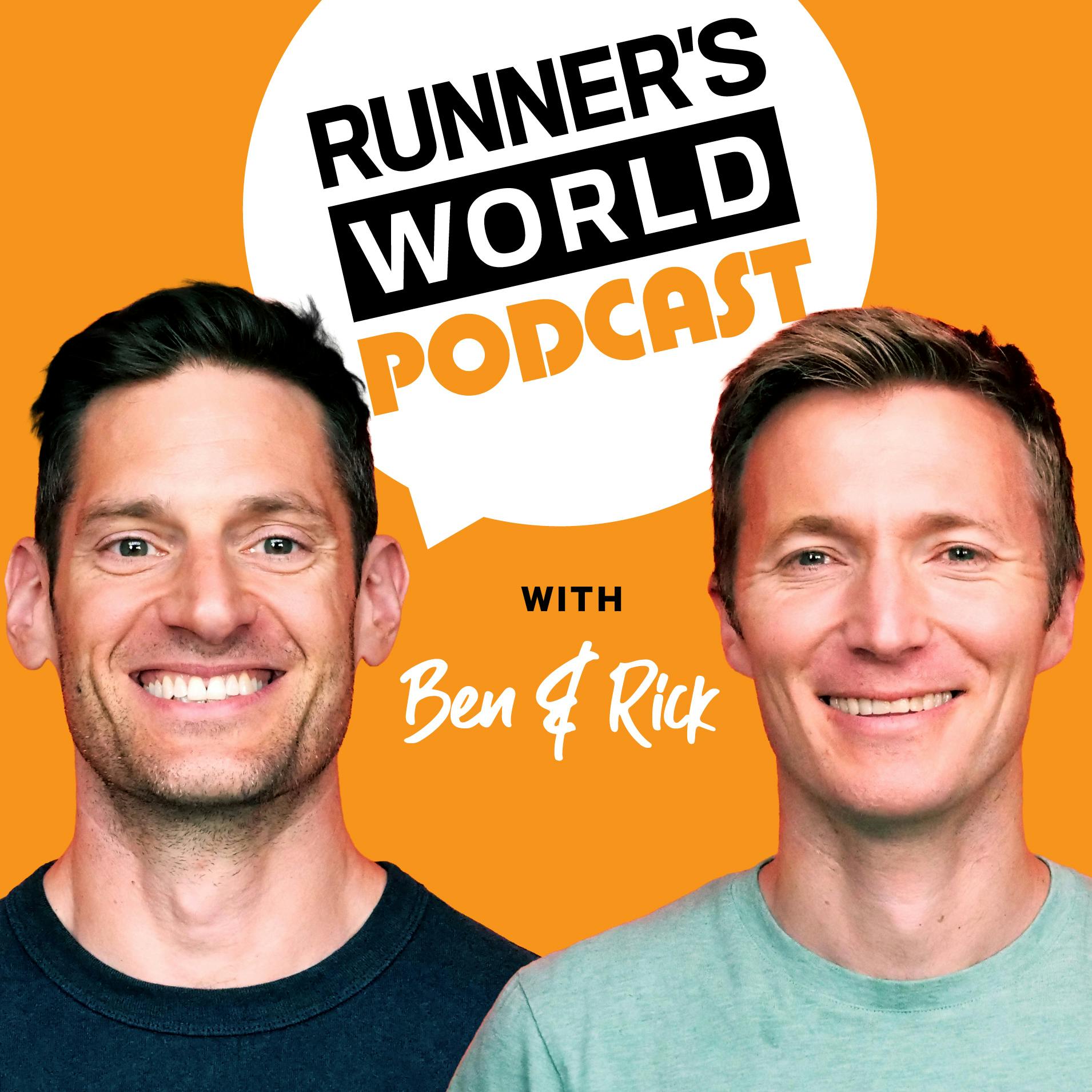
Runner's World Podcast
Runner's World UK
Buzzcast
Buzzsprout
Newscast
BBC News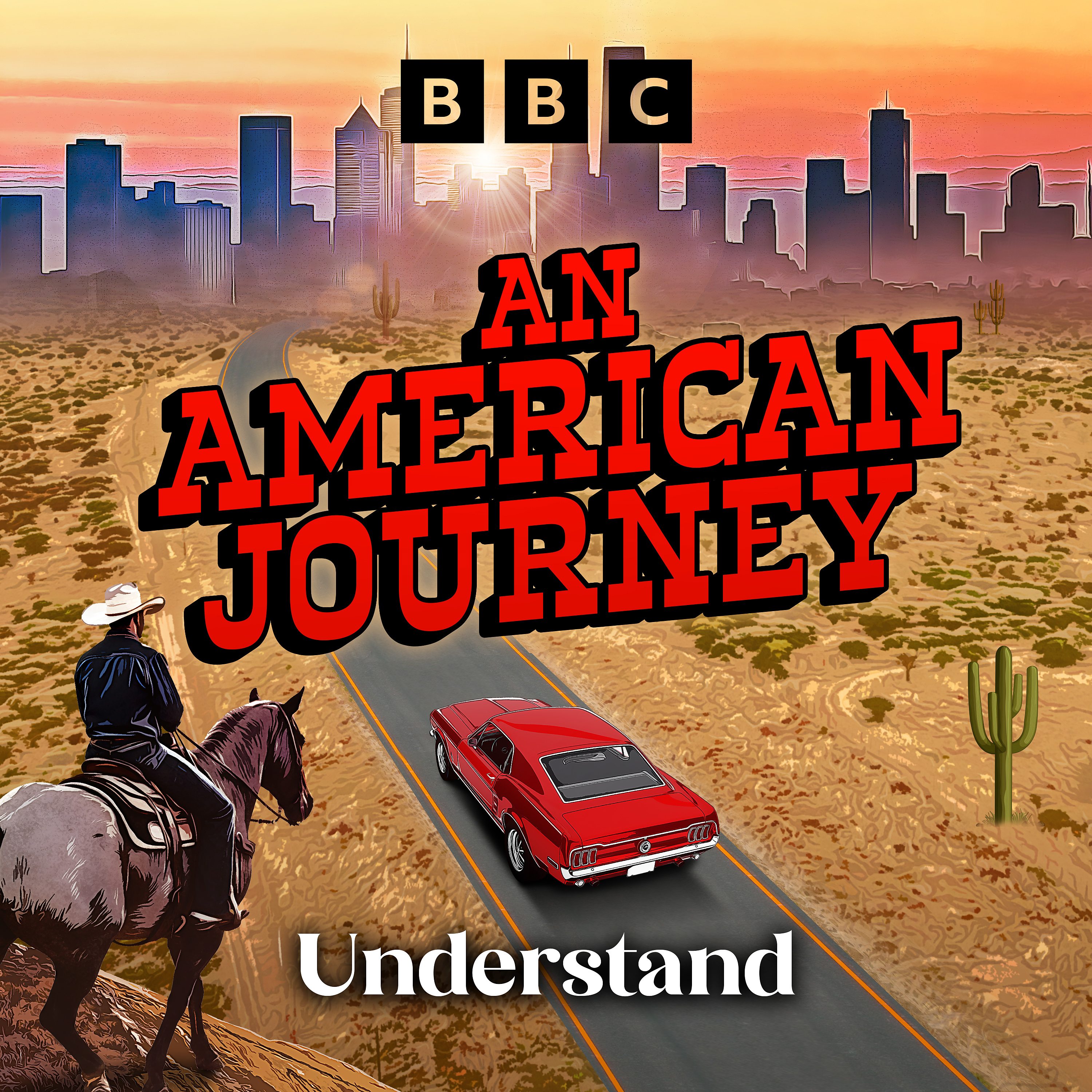
Understand
BBC Radio 4
Cyber Hack
BBC World Service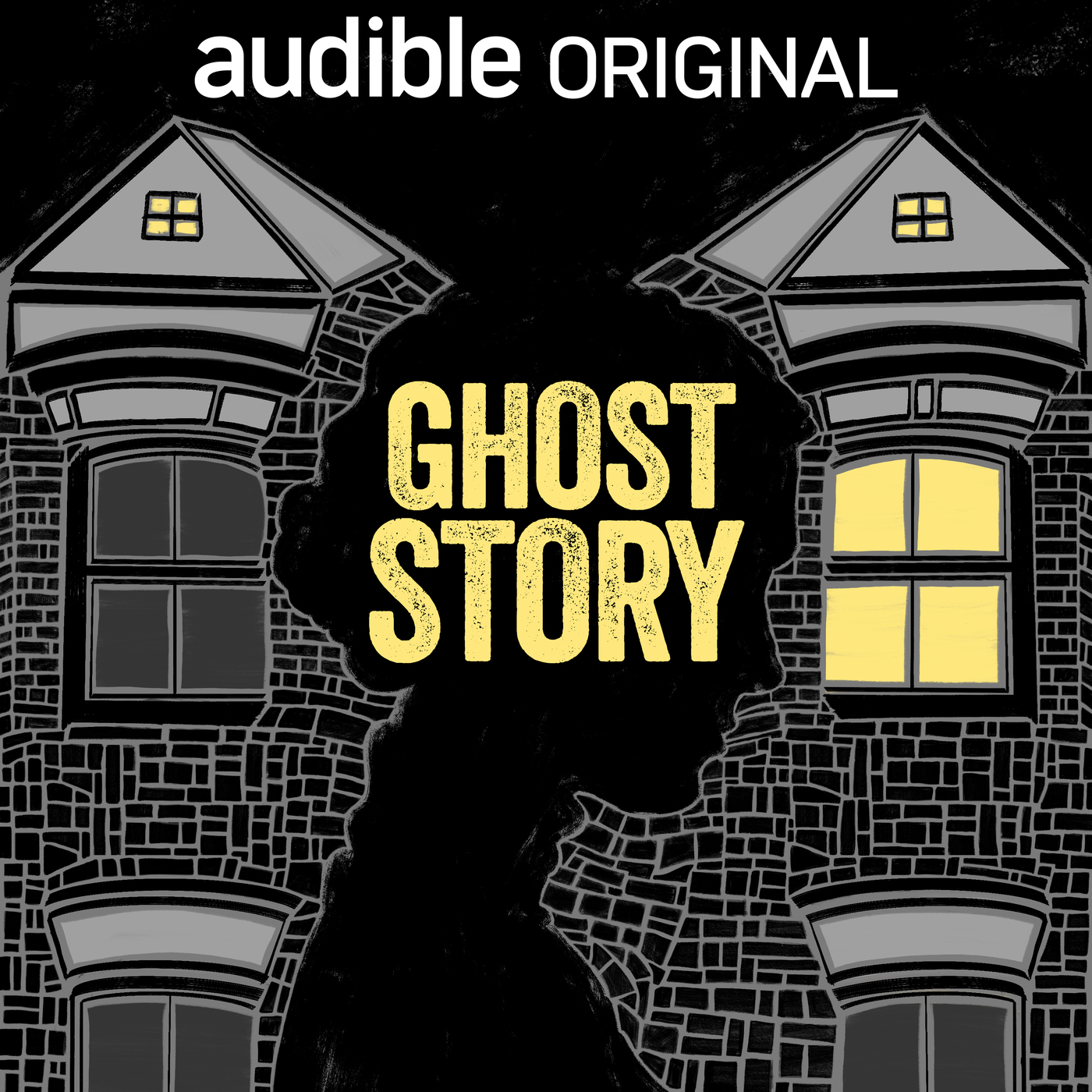
Ghost Story
Audible| Pineapple Street StudiosDiz Runs Radio: Running, Life, & Everything In Between
Join Denny Krahe, AKA Diz, as he talks with a variety of runners about running, life, and everything in between.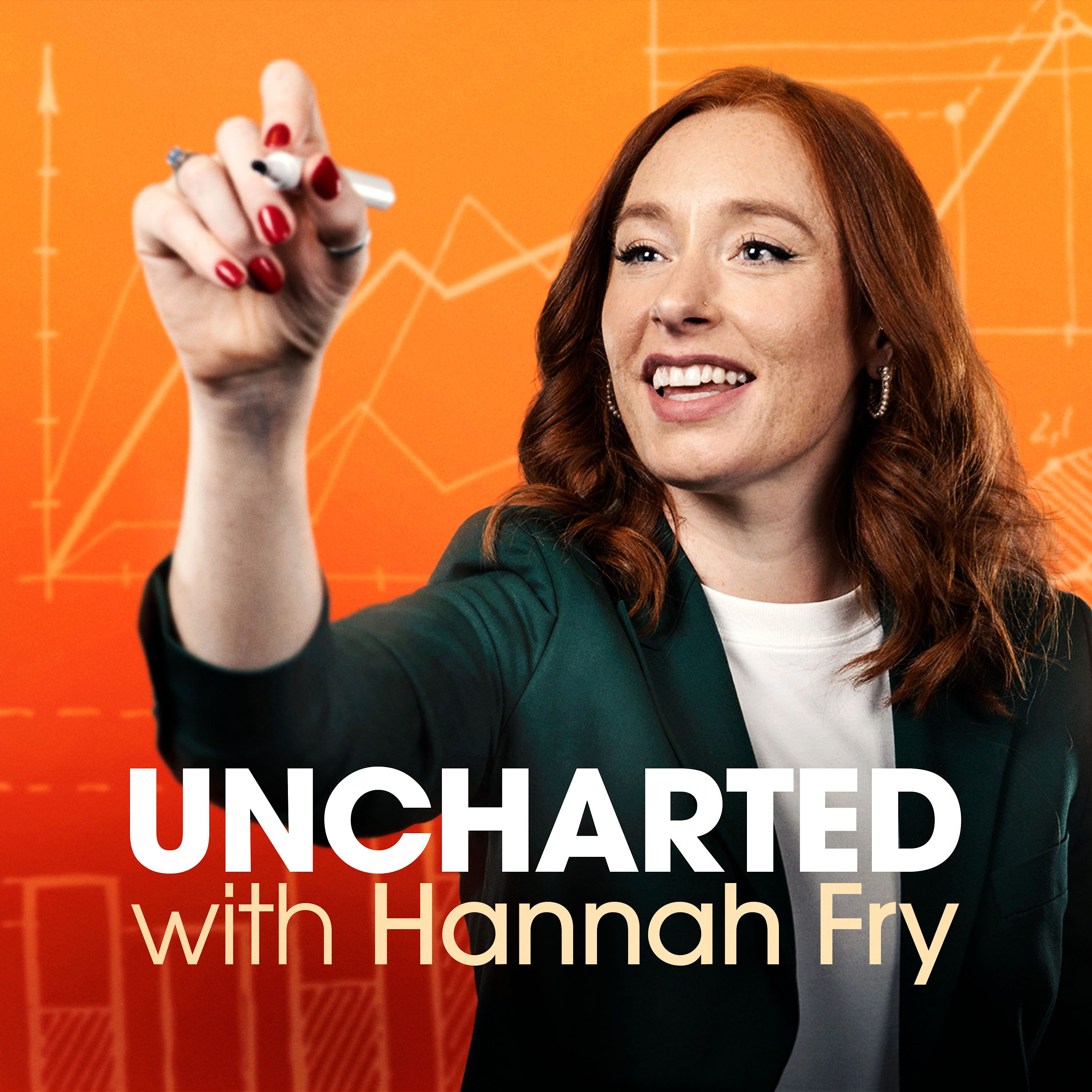
Uncharted with Hannah Fry
BBC Radio 4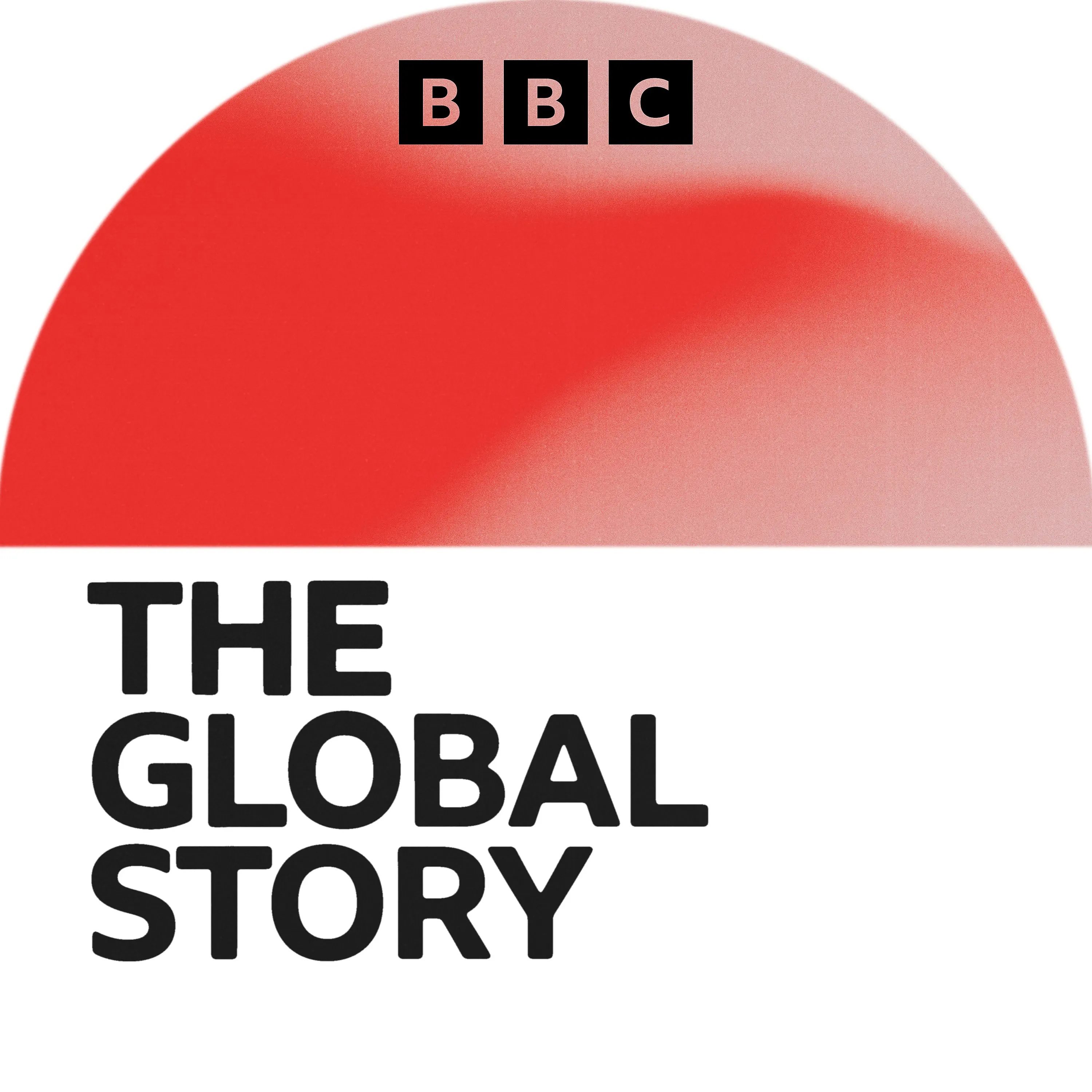
The Global Story
BBC World Service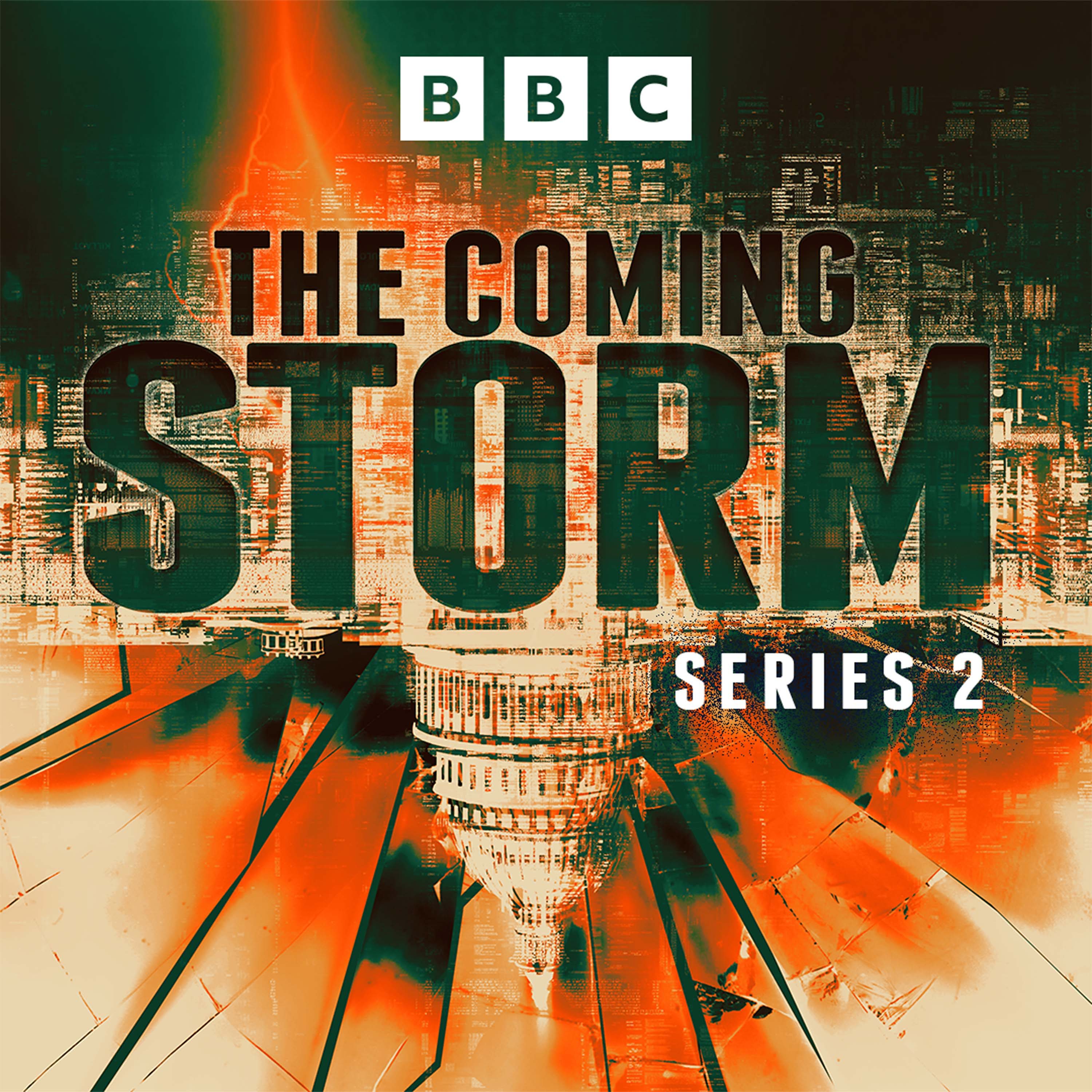
The Coming Storm
BBC Radio 4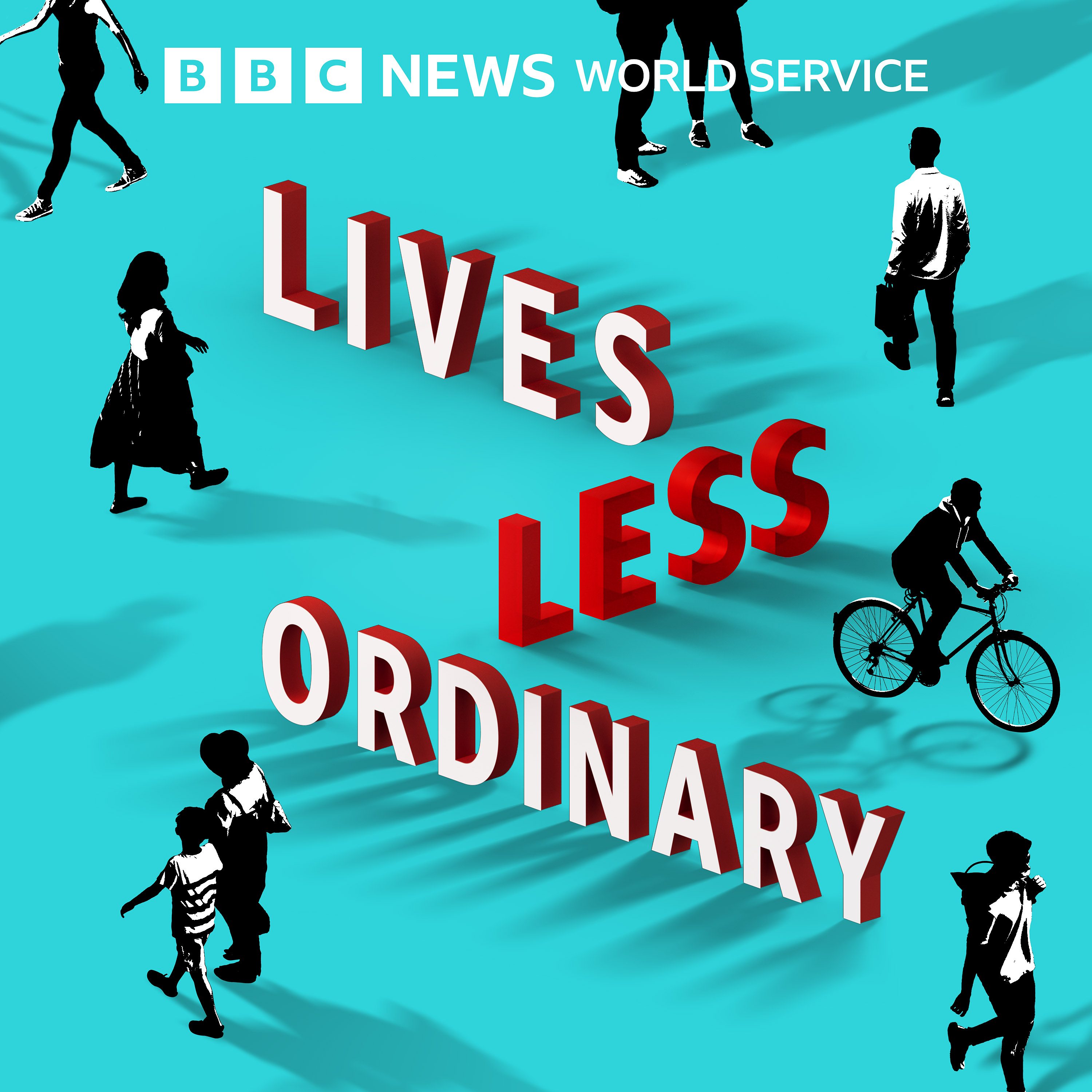
Lives Less Ordinary
BBC World Service
Do Epic Shit Today Podcast
Hannah Mulhern
The Rest Is History
Goalhanger
